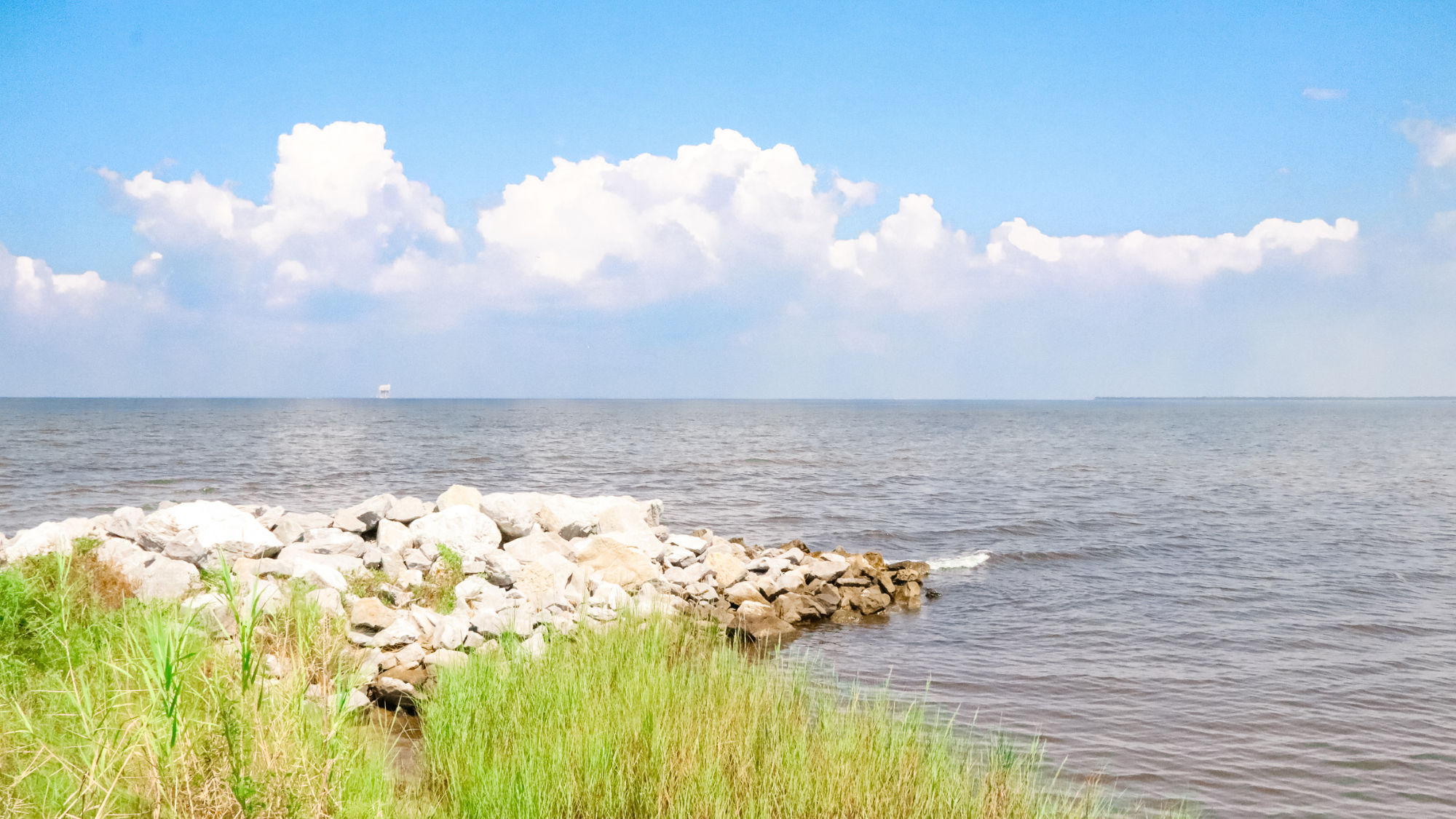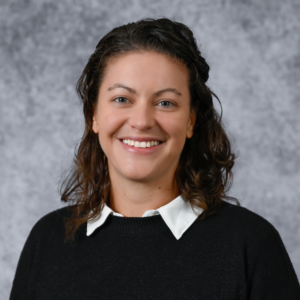November 10, 11am ET: SE CASC Science Seminar on Projections of Societal Responses to Sea Level Rise and Flooding

Join us for our Fall/Winter virtual science seminar series highlighting SE CASC funded projects supporting resource management actions across the Southeast. Each month a SE CASC researcher will provide an overview of their work and the management implications of their research findings.
Learn about others in the Fall/Winter 2022 Seminar Series
Improving Projections of Societal Responses to Sea Level Rise and Frequent Flooding
Dr. Georgina Sanchez, NC State University
November 10, 2022 | 11AM ET
View recording here
Webinar Overview:
Projecting human migration and shifts in development patterns in response to future flood hazards is crucial for anticipating the need for policies and/or investments that protect lives, infrastructure, and natural resources (e.g., development restrictions, buyout eligibility, nature-based solutions for flood protection). Land change science has long helped decision-makers better understand the implications of development and conservation choices and evaluate the tradeoffs between competing socio-environmental needs. In this talk, we will highlight a framework that permits simultaneously considering scenarios of urban growth, increases in flood hazard due to climate change, and human adaptive response (based on socio-economic vulnerability or ability to cope with flood damage). Specifically, we will focus on scenario-based approaches that allow exploring plausible adaptation strategies (i.e., elevating homes, moving homes, coastal armoring) and consider local adaptive capacity and the non-economic factors that influence a choice.
More about the speaker:
Georgina Sanchez, Ph.D. is a Research Associate with the Center for Geospatial Analytics at NC State University. Her interdisciplinary approach to research bridges land and climate change science, hydrology, and geospatial analytics to address sustainability challenges. Georgina holds a Ph.D. in Forestry and Environmental Resources from NC State University and an M.S in Biosystems Engineering from Michigan State University.

- Categories:
